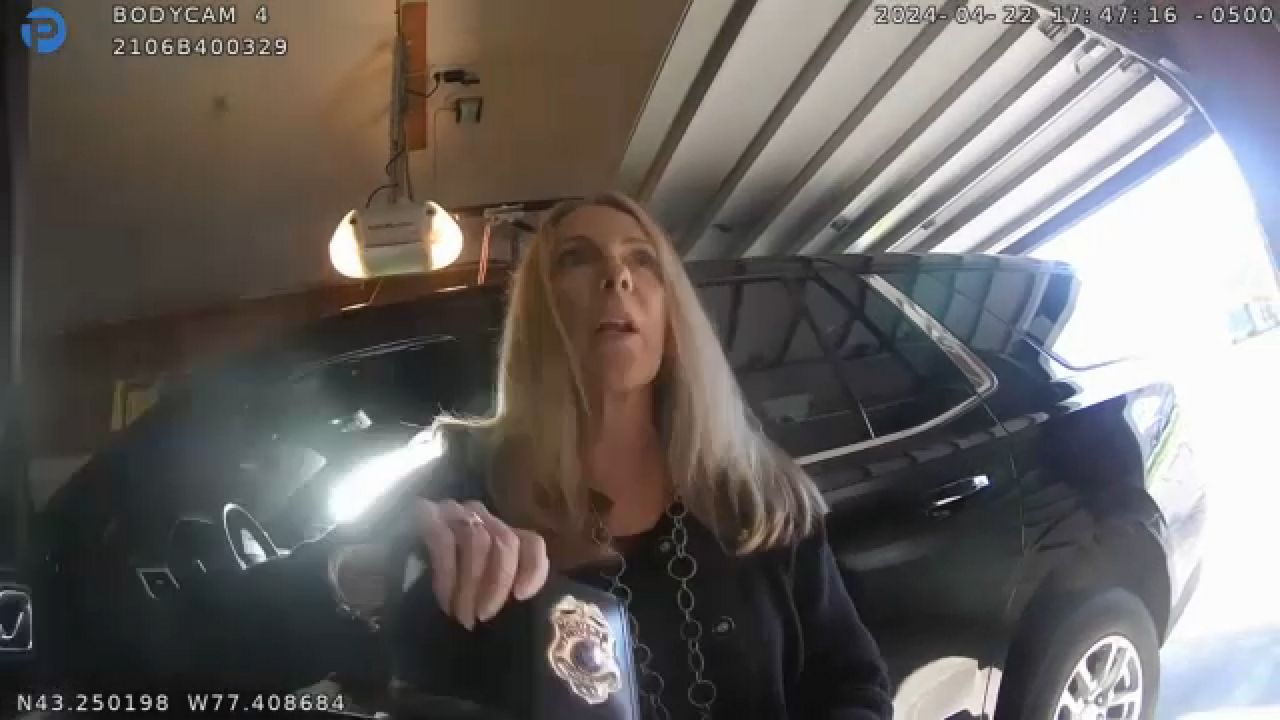For the first time since the deadly mass shootings in El Paso and Dayton, the Federal Bureau of Investigation is speaking out.
If there is anything hopeful that can come of the shootings, it’s what the authorities are learning and passing along to the public in an effort to prevent such future tragedies.
FBI Public Affairs Officer Maureen Dempsey cannot comment on the status of the investigations on the most recent mass shootings because those cases are pending, but she does say if you have a feeling that something is unsettling or unusual, contact police. "We take every single tip as it’s serious and it’s actual until it’s determined to be otherwise," said Dempsey.
"The FBI has seen a steady and persistent increase in domestic terrorism extremists and that type of behavior across the country in the last few years," said Dempsey. “…In terms of domestic violent extremists, what the FBI has learned through the Behavioral Analysis Unit, they’ve gone back and studied events from 2010 to current to try to find something similar in the behaviors of these shooters before these events have taken place and what they’ve learned is that there are ways to prevent these incidents and that’s really what we want."
Dempsey says mass shooters plan ahead and may display changes in their behavior in the days leading up to the crime. "That planning stage for a shooter takes weeks to months," said Dempsey. That, Dempsey says, is when you may notice something different about the behavior of a planner.
"So the behavioral analysts have found that these individuals who have committed these types of acts have experienced some type of significant grievance in their life in the years preceding the event," said Dempsey.
The data shows that that troubling event in the potential perpetrator’s life, combined with any number of different types of other incidents, can trigger the shooter.
In fact, the analysis states that formally diagnosed mental illness is not a specific predictor of violence of any type, let alone, targeted violence.
Authorities are essentially redefining the “if you see something, say something” advice to include, “pay close attention to those around you.”
"If you have a feeling that something is unsettling or unusual or just not right, even if you’re not sure or even if it is a hoax, we want to be called,” said Dempsey.










